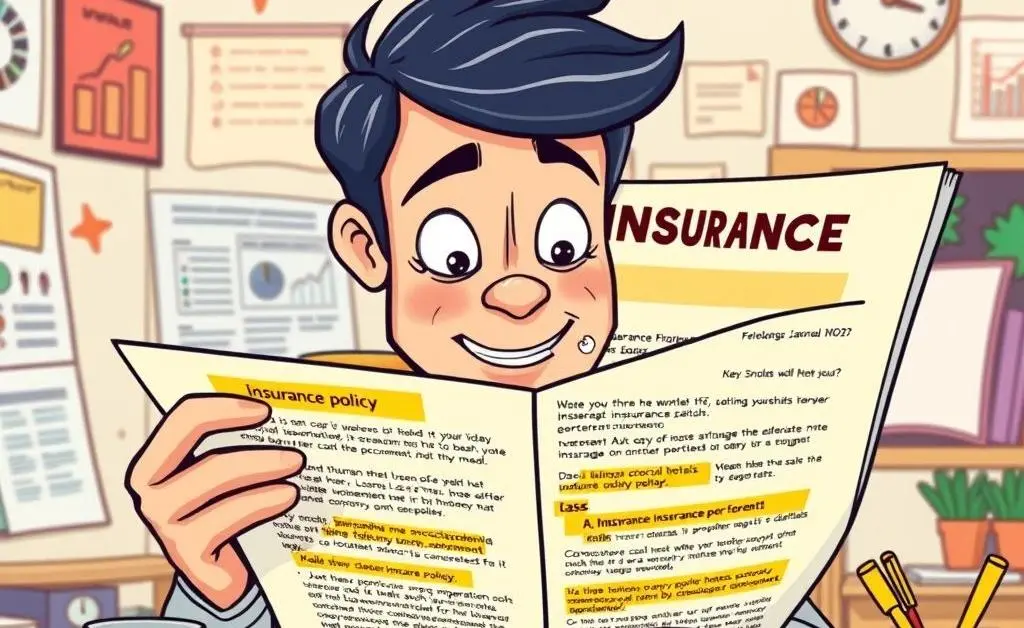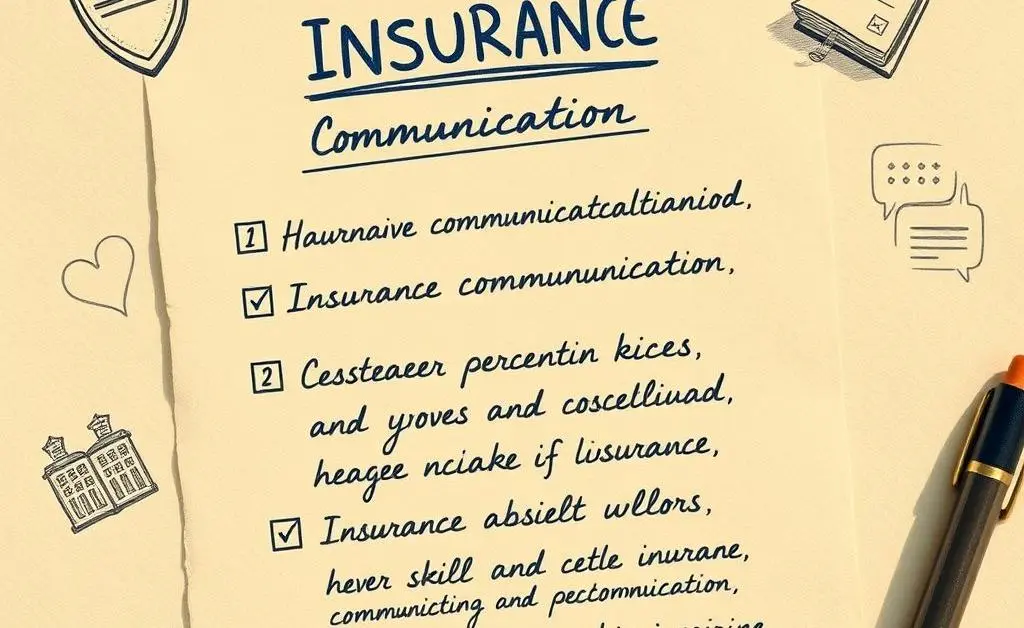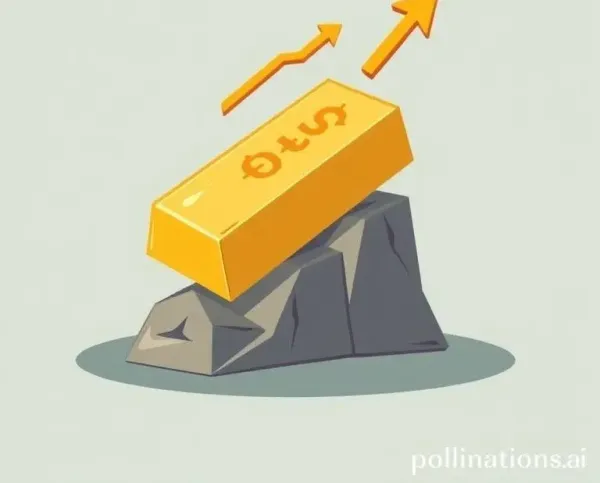Mastering the Art of Insurance: Tips for Effective Communication
Learn how to navigate insurance interactions with clarity and ease.

We all know dealing with insurance can feel a little daunting, especially when you're not sure where to start. But don't worry, I'm here to help guide you through the essentials of effective communication with your insurance company! Whether you're a newcomer to the world of insurance or just looking to sharpen your skills, let's make this process a whole lot simpler.
Understanding Your Insurance Policy
First things first, you have to know your policy inside and out. It might sound obvious, but you’d be surprised how many of us skim through it without understanding all the details. Here are a few tips to really dive in:
- Read through your entire policy document. Seriously, it's worth the effort.
- Look for key coverage terms, exclusions, and limits of your policy.
- If you're not sure about something, mark it and come back to it with questions.

Clear Communication: The Basics
Effective communication is the key to simplifying your insurance experiences. Here’s how to make your conversations more productive:
- Prepare before you call or meet. Have all necessary documents ready.
- Be concise and to the point. Insurance reps appreciate when you get straight to the issue.
- Ask for clarifications if needed. Never hesitate to request definitions for any industry terms.

Asking the Right Questions
One of the most empowering things you can do is ask the right questions. Here's a quick guide:
- What are my payment options?
- Are there any discounts available?
- What steps should I take in case of a claim?

Don’t shy away from questions; they show you care and are taking an active role in your coverage.
Stay Informed and Updated
Insurance policies and terms can change, so staying updated is crucial. Sign up for newsletters or follow reputable insurance websites. A well-informed policyholder is a confident one!
By understanding your policy and communicating effectively, dealing with insurance can become less of a chore and more of an opportunity to take charge of your financial security. What questions will you ask on your next call?




